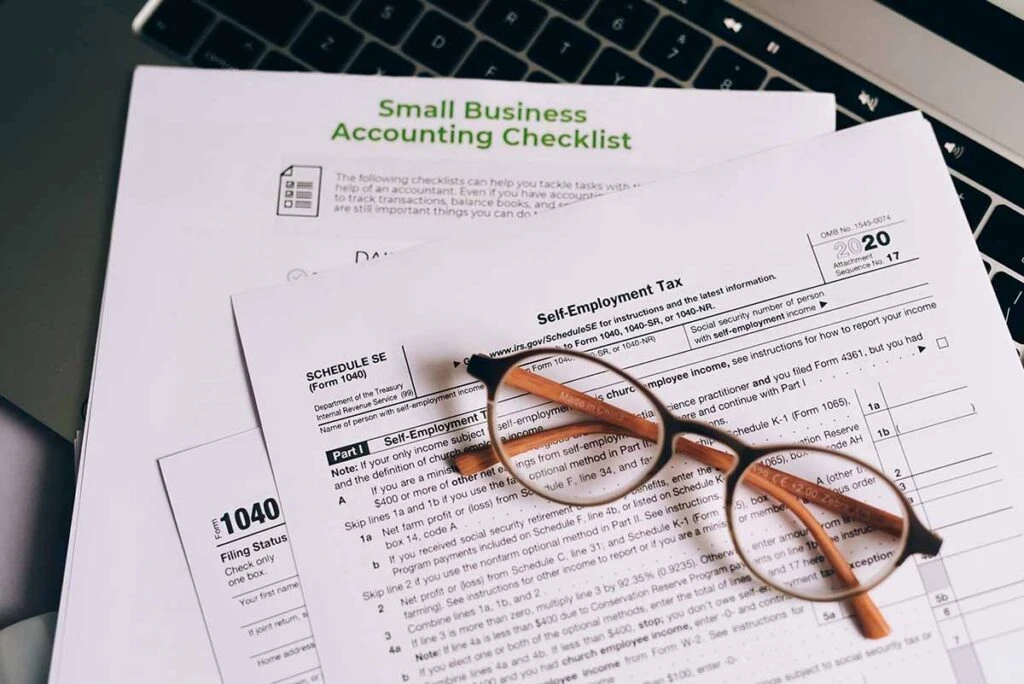

"The W Tax Group helped with our HUGE tax issue. They responded quickly to questions or emails and treated us fairly and professionally. They are a honest hard working group that you can count on to help with your tax issue." ~ Jenny Witt
"The W Tax Group is totally awesome!! Gave me valuable information on a free consultation! Even though it is a matter that her company doesn't handle." ~ Latrice Fitzgerald
"This team of people are the very best company I have ever experience. They help me and my company with New York State taxes. They was with me from the beginning to the end. I will recommend this company to anyone with any tax situation. Again I thank you all." - Denise Caldwell

If you don’t make your payroll tax deposits on time, you can incur a failure to deposit penalty. These are also called 941 tax deposit penalties. The amount of the federal tax deposit penalty varies based on your tax obligations and how late you make the payment.
To help you understand the tax laws and what can happen when you don’t make your payment on time, this guide outlines what happens when you deposit your employment taxes after the due date.
Need help with unpaid payroll taxes or the FTD penalty right now? Want tax advice on issues related to withholding taxes or any other business taxes? Then, contact us at the W Tax Group today.
After you withhold income taxes and other FICA taxes from your employees’ paychecks, you need to deposit them with the federal government. The due dates and the deposit schedule for your tax payments varies based on your payroll tax liability.
Very small employers who withhold $1000 or less in payroll taxes every year only need to make a single deposit, and they can do so when they file Form 944 (Employer’s Annual Federal Tax Return).
Other employers must file Form 941 (Employer’s Quarterly Payroll Tax Return) quarterly, but they must deposit their taxes throughout the quarter. Monthly deposits are due by the 15th of the month following the month that they made payments. The due dates move to the next business day when they fall on a weekend or holiday.
Others must follow a semi-weekly deposit schedule where they deposit payroll taxes for payments made on Wednesday through Friday by the following Wednesday, and they must deposit taxes for payments made between Saturday and Tuesday by the following Friday. If you withhold more than $100,000, you must make your deposit by the next business day.
If you’re not sure when you should be paying payroll taxes, consult with a tax pro. They can guide you in the right direction.
When you make your payroll tax deposits late, you can incur a failure to deposit penalty. Here are the 941 tax deposit penalties expressed as a percentage of the tax liability and based on when you make the tax payments:
For instance, if you’re supposed to make a $2,000 deposit, your penalty will be $40 if you are five or fewer days late. The penalty will be $300 if you make your deposit 10 or more days after the IRS sends the notice. Usually, the IRS sends Notice CP220 or CP210 about this penalty.
The penalty amounts grow quickly as your tax liability increases. For instance, 941 late deposit tax penalties can be $1,500 if you have a $10,000 liability that you pay 10 days or more after the notice is issued. If your tax liability was $100,000, the total penalty might be up to $15,000 if you are significantly late.
On IRS will also charge interest on top of the penalties. The agency will charge interest on any unpaid deposits plus on any penalty amounts.
The 941 tax deposit includes all of the employment taxes withheld from your employees’ paychecks. This includes Social Security and Medicare taxes and federal income tax. You also have to deposit the employer’s portion of Social Security and Medicare taxes. Plus, you may also need to pay federal unemployment tax.
A lot of employers end up paying federal unemployment tax just once a year, but when you file the returns for your employment taxes, the forms will guide you through the calculations to see if you need to pay this tax during the quarter when you are filling. Typically, you only need to pay when your premiums exceed $500 for the quarter.
After you withhold income tax and FICA taxes from employee wages, you need to make the deposit. But how? You must make an electronic funds transfer from your bank account. There are very limited exceptions for businesses that don’t have the ability to make an electronic funds transfer. You can either pay online or over the telephone.
Make sure that you pay careful attention to the timing of the payment. Even if you pay your employment taxes on the deposit due date, you can incur a failure to deposit penalty if you don’t make the deposit by a certain time during the day.
According to the Department of the Treasury, deposits for employment taxes are due by 8PM Eastern Time on the day before the actual due date. If you pay later than that, you risk incurring the 2% failure to deposit penalty. This may not sound like a lot, but it can really add up, especially if you pay a lot of employment taxes. If you like, you can set up your payment early and request to have it withdrawn from your bank account on the due date.
You don’t actually file your payroll tax return when you make the deposit from your bank account. Instead, you make deposits during the quarter on a monthly or semi-weekly basis. Then, you must file the 941 form by the last day of the month following the end of the quarter.
To illustrate, imagine that you’re a monthly depositor. You make your deposits for income tax, Social Security, and Medicare you withheld from your employee’s wages during January in February. You then deposit February withholding in March and March withholding in April. Finally, on the last day of April, you must file your 941 tax form.
The 941 is the tax form that details how much you have paid your employees and how much you have withheld from their paychecks. This is also the form that businesses use to calculate if they need to pay federal unemployment tax. You won’t incur a failure to deposit penalty if you file this form late, but you may face other penalties if your business fails to file this on time
In particular, if you have unpaid tax due to late payments, you can incur a failure-to-file penalty that is 5% of the unpaid tax. Make sure that you note your monthly deposits correctly on this form. If you note the wrong dates, you may end up incurring a failure to deposit penalty even if you actually made the deposits on time and didn’t have any late payments.
If you’ve incurred a failure to deposit or FTD penalty, you should apply for penalty relief. A tax professional can help you reach out to the IRS and ask them to remove your 941 late payment penalty. Usually, you can get first-time penalty abatement if you have never had a penalty like this in the recent past.
Alternatively, you may be able to get penalty abatement for reasonable cause. Reasonable cause can include a variety of reasons such as fires, natural disasters, inability to get your supporting documents, or a death in your family. You may also be able to get FTD penalties or other IRS charges removed if you relief on written advice from the IRS that lead to the late filing or deposit. However, you cannot claim reasonable cause due to a misinterpretation of the law.
Ignorance is not a justifiable excuse in this situation. As a business owner, you’re supposed to know your tax obligations.

Ideally, you should reach out for legal representation when you receive your first notice. The notice should outline the amount of your 941 late payment penalty. The IRS will likely demand immediate payment if you have an unpaid deposit.
When you contact a tax professional about the failure to deposit penalties. they will talk with you about how to apply for penalty abatement for the FTD penalty. They’ll let you know if you’re likely to qualify for penalty abatement, and they’ll outline the forms and supporting documents you need to file.
They can also help you set up a payment plan if you have an unpaid deposit that you still need to take care of. Or they will help you explore other IRS resolution options.
Payroll taxes are critical for employers, and the IRS takes these taxes more seriously than almost any other tax. The 941 tax deposit penalties aren’t the only penalties you can face in relation to payroll tax.
If you don’t pay these taxes, you can also incur the trust fund recovery fee which is 100% of the trust fund taxes or the taxes that you withheld from your employer’s paycheck. There are also penalties for misclassifying workers as independent contractors when they should be employees. You may also face additional penalties if the government believes that fraud is involved.
To get help with the failure to deposit penalty, contact us at the W Tax Group today. We can start with an introductory conversation about your situation. Then, we can help you decide which resolution option is the best for your situation.